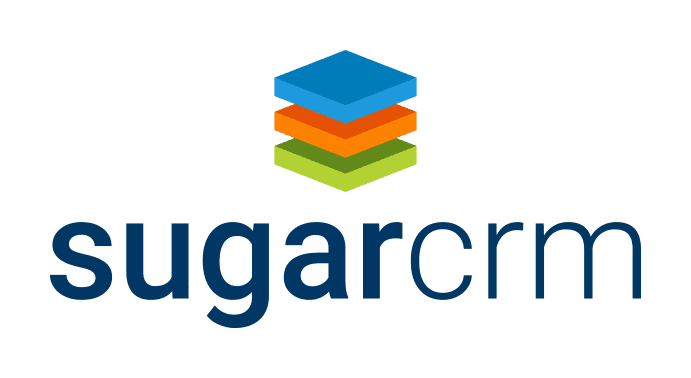The Covid-19 pandemic that aggressively took hold in 2020 devastated lives and livelihoods is still upon us, directly affecting every community in the U.S. Seeming to appear out of nowhere and quickly spreading across the globe, it continues to leave a trail of destruction in its wake.
What was true in 2020 still holds a year later: businesses need to remain prepared for remote operations and unavoidable physical resource shutdowns. It’s particularly challenging when simultaneous natural disasters like Hurricane Ida and the Caldor Wildfire disruptors on top of the pandemic and remind us that our physical world is always at risk.
Cloud deployment services remain the most effective solution. In fact, Forbes reports that in 2020 so many companies adopted the cloud during the pandemic disruption that it saw multiple years’ worth of sales in just months.
The Good, the Bad, and the Ugly
Some businesses discover the hard way that not all Cloud Service Providers (CSPs) are created equal. Choosing a service provider that meets the business need while simultaneously providing dependable services is critical in successful cloud integration and vital for securing ROI.
So, how can businesses tell the promising Cloud Service Providers apart from the poor ones when at first they appear the same?
There are several key determiners companies should look for when evaluating Cloud Service Providers:
Reliability – a CSP is only ever as good as a company’s ability to use it. The last thing any business wants is to suddenly need to access their ERP system and be unable to do so. Business leaders should take the time to research a provider’s track record and choose a company that has a solid reputation for providing quality services with dependable access.
Flexibility – top-quality CSPs provide highly customizable software packages tailored to meet the needs of individual businesses. The right CSP will provide firms with only the essential cloud financial services they need, which means not paying for unused services. Cloud services facilitate the transition to and maintenance of remote operations. Now business can be done virtually anywhere while providing industry-specific applications and the ability to handle growth successfully.
Accessibility – a good CSP will provide companies with intuitive dashboard applications so that business leaders can get real insights from their data as quickly as possible. Easy access to core financials, reports, and end-to-end processes helps business management happen faster, without sacrificing the integrity of business data. In fact, by integrating company systems into a cloud-based ERP solution, the accuracy of all company datasets is significantly improved.
Security – with the threat of cybersecurity breaches on the rise, companies need to know that their CSP protects critical assets. Good CSPs will work with businesses to develop their cybersecurity profile while simultaneously providing secure access to company systems. This should include security applications for mobile devices, multilevel authentication services, and customer service support. Some CSPs are even integrating state-of-the-art AI programs to monitor systems, identify threats, and authenticate users.
Think Strategically
The qualities that make up a good Cloud Service Provider are interconnected: if a service provider doesn’t offer secure access, they probably won’t be very dependable either. In addition to the key indicators above, companies should look at the cost benefits, initial investment, and how a provider mitigates any cloud migration business disturbances.
Companies must remember that an investment in cloud services is a long-term investment – to be successfully utilized, business leaders must think strategically, taking the time to research effectively, utilize product demos, and consult with our cloud service specialists.

